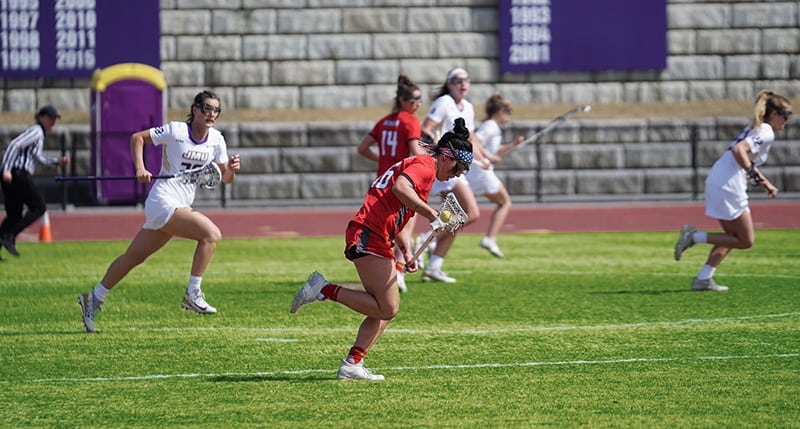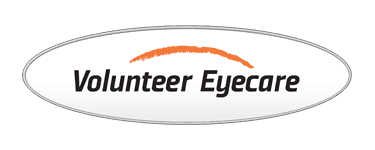
23 Sep Ways to Protect Students Vision
5 Ways to Protect Your Student’s Vision This School Year
Kids all over the country are back to school, burying their noses in computers and books in pursuit of the knowledge necessary to succeed in school and in life.
The connection between good vision and learning is significant: The American Optometric Association reports that up to 80% of learning in school occurs through a child’s visual system. Therefore, protecting your student’s vision is critical. Good vision is the most important tool in their learning toolbox.
The human eye is incredible—under favorable conditions, the human eye can see a single candle flame from a distance of 1.7 miles! While our eyes are somewhat protected by their position in the hollow eye sockets of our skulls, eyes are still vulnerable to physical damage from a variety of environmental factors including flying objects, chemicals, ultraviolet light and overuse.
To keep your child seeing their best, here are 5 ways to protect your student’s vision. We encourage adults to adopt these same good habits, too!
- Eye protection in (and after) class
Is your student taking shop class, chemistry, art or biology? In any situation with flying debris–including metal shavings, wood chips, dirt, sand or slivers of glass—make sure your student is protecting their eyes so these objects don’t cause injuries.
High-quality safety glasses, goggles or full-face shields are necessary to protect the eyes. Approximately 90 percent of eye injuries could have been avoided if proper eye protection was worn. That’s right: 9 out of 10 eye injuries—some causing permanent damage and blindness—can be avoided with proper eye protection.
Everyday sunglasses or prescription lenses won’t protect the eyes adequately under circumstances where chemicals or flying debris are present. The lenses can crack, shatter or bend. That’s why you need high-quality eye protection made from a tough plastic called polycarbonate.
Whenever you’re around chemicals—both in chemistry class or around the house and yard—make it a habit to wear eye protection. Again, prescription glasses don’t offer adequate protection under these circumstances, because chemicals can splash behind your frames and get into the eye.
It’s critical to keep your safety glasses, goggles and face shields in good, clean condition and replace them according to the manufacturer’s recommendations.
- Eye Protection for Sports
Every 13 minutes, an emergency room in the U.S. treats a sports-related eye injury. Eye injuries are the leading cause of childhood blindness, and most such injuries are caused by kids playing sports.
Just like you protect their heads with a helmet, protect their eyes with sports goggles made with polycarbonate lenses whenever your child participates in an active sport, including soccer, tennis, lacrosse, field hockey, football, basketball, baseball―even paintball!
When choosing sports goggles, consult your optometrist about the best product for your child and the sport(s) they play. Sports glasses and goggles made with polycarbonate lenses offer 10 times the impact resistance than other plastic eye protection, which may crack or shatter on impact. Sports goggles are available both with and without prescription lenses.
Sports eye protection should feature padding along the brow line and nose bridge to prevent the eyewear from digging into the skin. If your child plays outdoor sports, be sure that their eye protection features a UV coating to protect eyes from the sun’s damaging ultraviolet rays.
- UV-Blocking Sunglasses
You protect your child from the sun’s ultraviolet rays by slathering sunscreen on their skin before they go outside. But are you forgetting to protect one of the most critical body parts from the sun’s damaging UV rays?
The sun’s UVA and UVB rays don’t only pose a risk to skin – they can also burn your eyes. Cumulative UV damage, which starts in childhood—is a cause of long-term eye health issues including cataracts, macular degeneration and even cancer.
Choose sunglasses that block at least 99% of the UV spectrum to protect eyes, and encourage kids to wear them every time they go outside, 365 days a year.
Sport safety goggles for outside sports should have a UV coating to protect your athlete’s eyes from UV damage in addition to protecting them from flying balls, bats, racquets and sticks!
- Computer Glasses
Have you heard of Computer Vision Syndrome? It’s a thing. The human eye wasn’t made to stare at small screens reading text for hours every day. When we adopt such behaviors, it causes problems including eye fatigue and a higher incidence of nearsightedness in younger people.
A pair of computer glasses can correct nearsightedness and alleviate the eye strain and fatigue resulting from spending hours reading screens.
If your student struggles to focus on their computer or tablet, a customized pair of glasses that optimize vision in the distance range where the screen sits can significantly ease the eye strain they’re experiencing. Be sure to ask your optometrist about lens coatings that can further relieve tired eyes― such as those that block blue light, a spectrum emitted by computer screens that can impact your eyes.
- Schedule a Comprehensive Eye Exam
As your child grows and changes, so do his or her eyes. An annual comprehensive eye exam with your optometrist is the best way to ensure that your kids continue to see their best through every age, stage and activity.
But—you may say—doesn’t the school provide a vision screening each year?
Well, yes. But did you know that such basic vision screenings miss up to 75% of visual problems that need correction in order for a child to maximize their ability to learn?
Your optometrist will conduct a thorough exam of your child’s visual system, including visual acuity and functional vision testing to ensure that your student’s eyes are working together to augment the learning process.
Your child’s vision is a precious gift that can’t be replaced. Taking precautions to protect their vision is a smart parenting strategy that will enable your child to enjoy years of healthy vision and learning.



Sorry, the comment form is closed at this time.